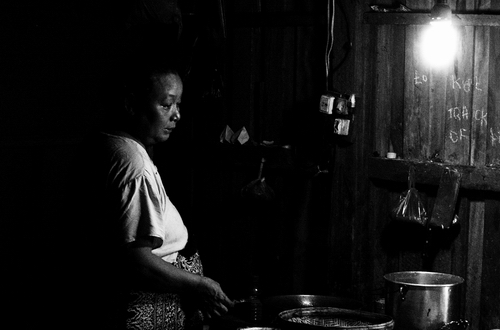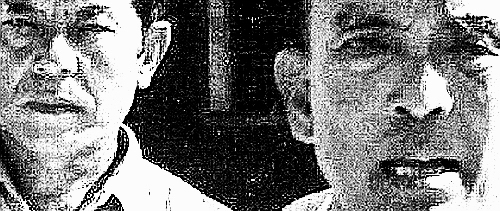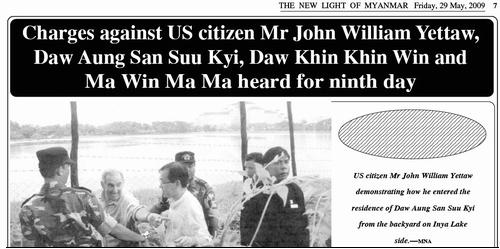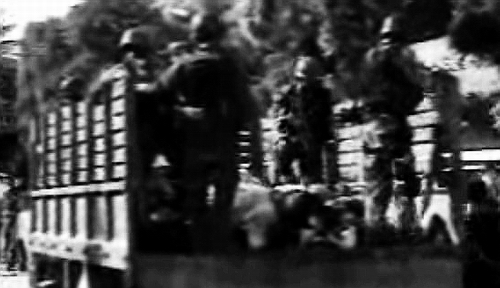
Burma’s government claims to welcome complaints about malpractice, inefficiency and corruption against those in public service. But a recent case of a man imprisoned for repeatedly complaining about electricity problems speaks to how easy it is in an irrational system for the complainant, not the government officials, to wind up in trouble.
In early August, U Khin Maung Kyi called the electric supply corporation in his suburb of Rangoon a number of times to complain about a surge in power at his house. It was not the first time that he had called to make a complaint, and the township supply director had already lodged a criminal case with a local court, alleging that the 45-year-old’s repeated calls were obstructing his staff from performing their duties.
This time, Khin Maung Kyi argued with the duty officer, who refused to give his name or let him speak with his superior. Khin Maung Kyi then threatened to make a complaint to higher levels. Later, when asked about this in court, the official admitted that the caller had not used offensive language or made unlawful threats, but testified that his manner was impolite and that his calls were an inconvenience.
The director might have thought that, by lodging a case in court, he would put Khin Maung Kyi off making more calls. In any event, after this latest incident, he put the local state apparatus into movement against the annoying resident. Continue reading











